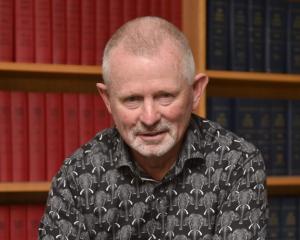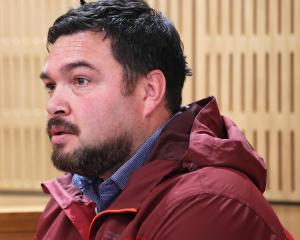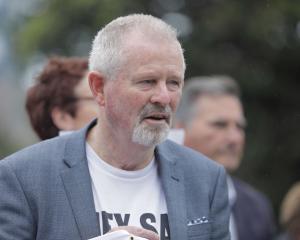
Celebrating 100 years next week, the Monowai hydro station has played a vital role in powering Southland and supporting the wider New Zealand electricity network.
While celebrating the milestone, stakeholders were looking into challenges to keep the asset operating for the future, so it could keep providing ‘‘clean, sustainable energy’’.
Nestled at the confluence of the Monowai and Waiau rivers, the scheme was first investigated in 1919 by the Southland Electric Power Board, and two years later
— in February 1921 — construction of the station started, taking about two years to complete.
On May 1, 1925, the asset was officially opened with two machines, and a third one was commissioned in 1927.
About a decade later, in 1936, the government bought the station and in 1939 it was connected to the national grid.
Pioneer Energy bought the scheme in 2002 and its chief executive Peter McClean said the asset was vital for Southland’s development as it was the primary source of electricity for the region for many years.
‘‘It’s not just a power station — it’s a part of the region’s identity and history.
‘‘For the Southland community, Monowai [plant] represents innovation, resilience, and the power of working together.’’
He said they were ‘‘incredibly proud’’ to celebrate a century of operation of the plant, as it was a big achievement.
It was also very innovative for its time.
The water from Lake Monowai — which covers 31sq km — flowed through a carefully engineered system of canals, pipelines, penstocks and a fish pass which ensured not only power generation but also supported local ecology, he said.
‘‘The station’s design reflects a blend of history and innovation, with manual gates and public easements still in place alongside modern control systems.
‘‘Reaching 100 years of continuous operation is a testament to the foresight of those who built Monowai, the generations of skilled people who have maintained and improved it, and the community that has supported it.’’
Mr McClean believed the future of the asset would remain strong as the power station remained an important part of the company’s renewable portfolio and they were committed to maintaining it amid ongoing challenges with its ageing infrastructure.
‘‘With ongoing investment, innovation, and care, we’re confident it will continue to play a role in New Zealand’s renewable energy future.’’
Guardians of the Lake chairman Darryl Sycamore agreed about the long-term future of the asset.
The Guardians oversaw the management of Lake Monowai in terms of lake levels and drawdown.
‘‘This is to help maintain natural variation to support the shoreline plant communities which rely on inundation and dry conditions to support their reproductive cycles and maintain community zonation patterns.’’
He said 100 years of operation was a huge achievement and Pioneer should be proud of the way they managed the scheme within the Fiordland National Park.
‘‘The Monowai Scheme provided a locally significant contribution to Southland’s growth. With increasing energy demand the local coalpowered stations could not meet demand. The additional generation enabled the primary sector to thrive.
‘‘There is [still] a strong push to increase renewable energy production, so the future of the station remains bright.’’
Next Thursday, May 1, Pioneer Energy will be hosting an event to celebrate the milestone.
The Southland community is invited to take part in an event from 10am at the Monowai lookout which would include speeches, the unveiling of a plaque to celebrate the anniversary and a tour through the facility.
Mr McClean said this would be a great opportunity for people to learn more about the past, present and future of an important asset for the region.
‘‘It’s about celebrating the people behind Monowai as much as the station itself.
‘‘From those who built it in the 1920s to those who operate it today, we want to acknowledge the many hands that have shaped its legacy. ‘‘We hope the event offers a moment of pride for the region and helps deepen the connection between the station and the community it has served for generations.’’











